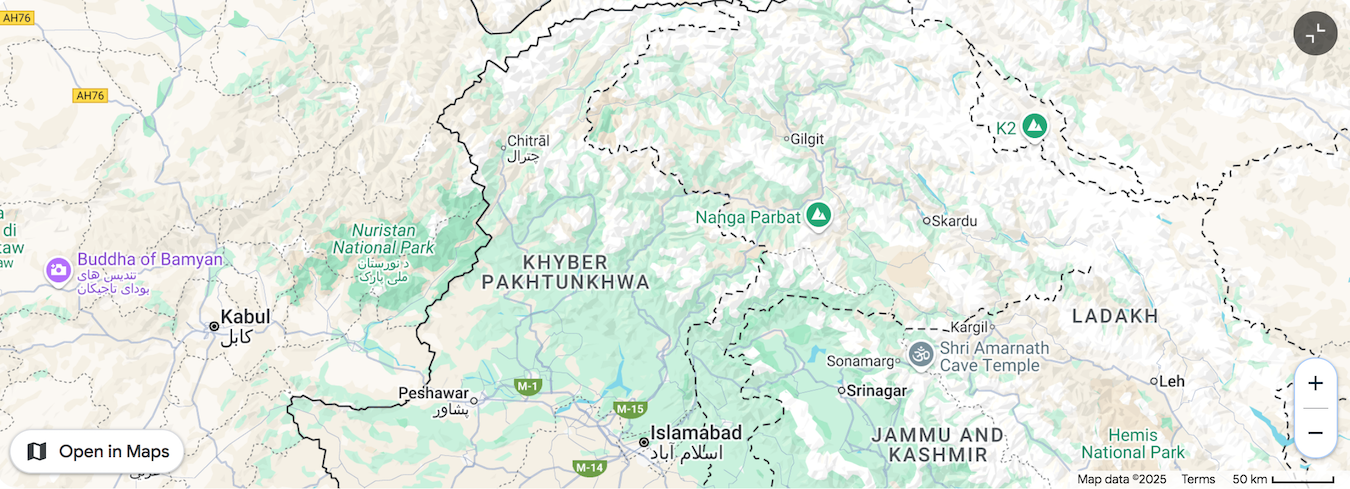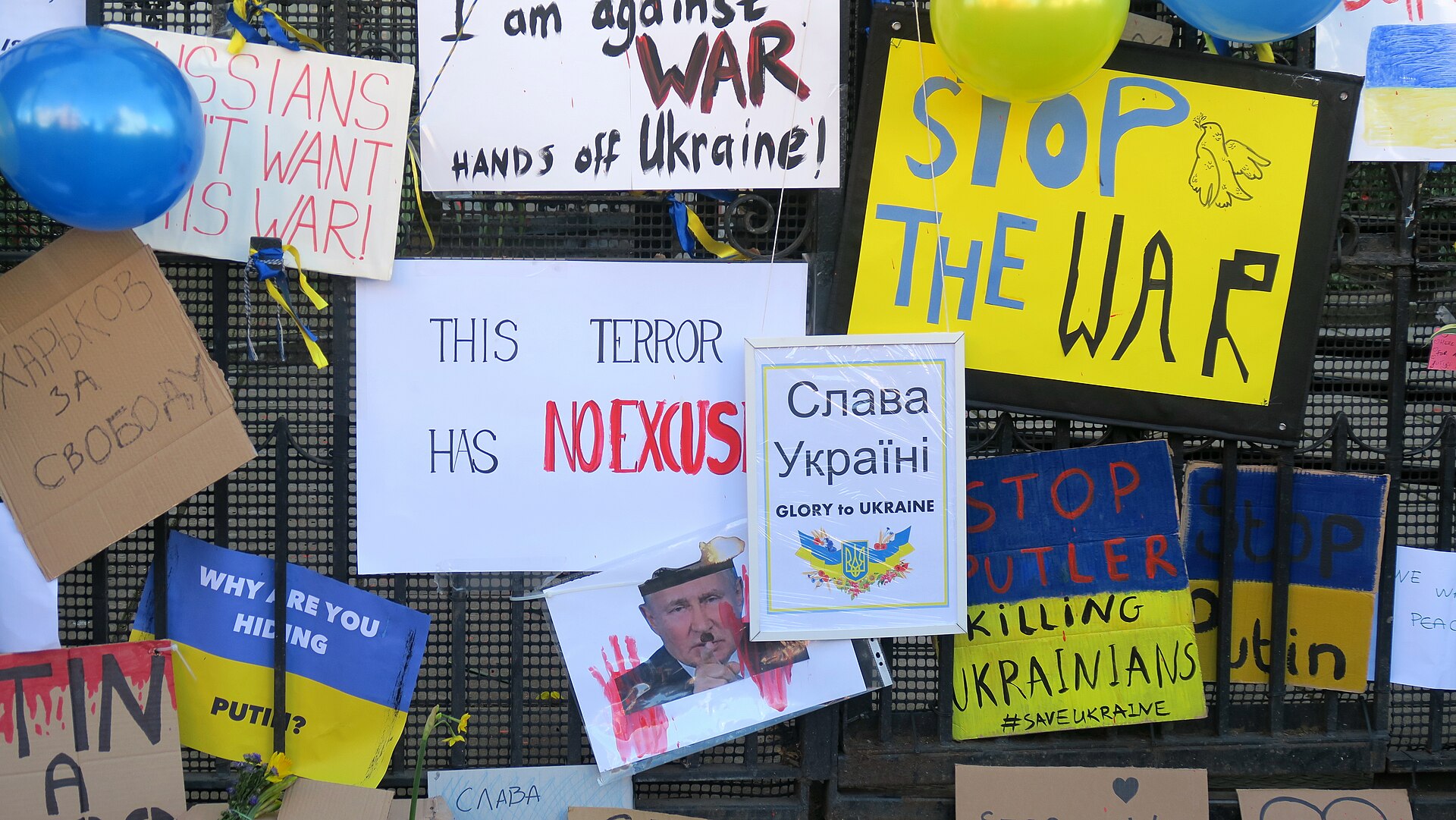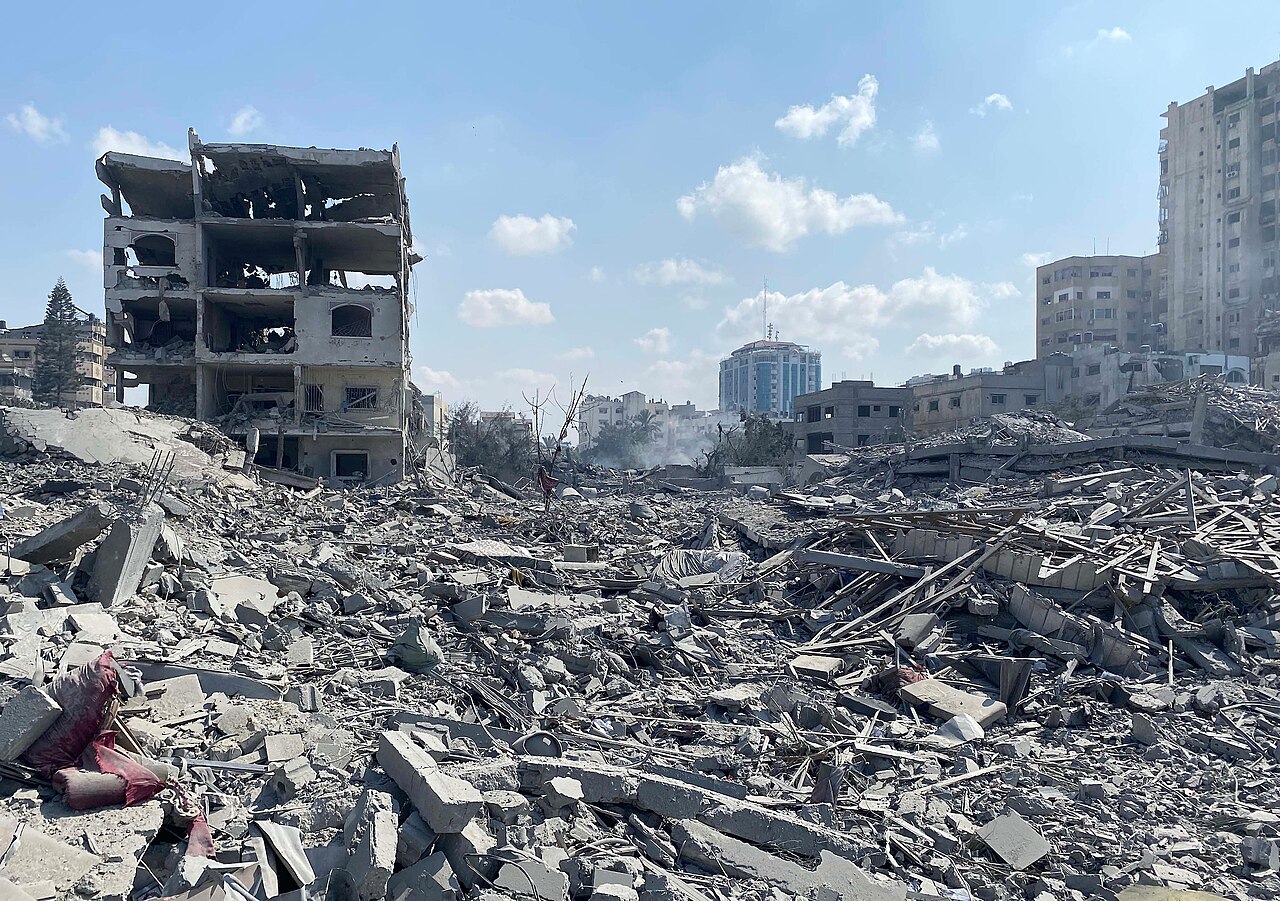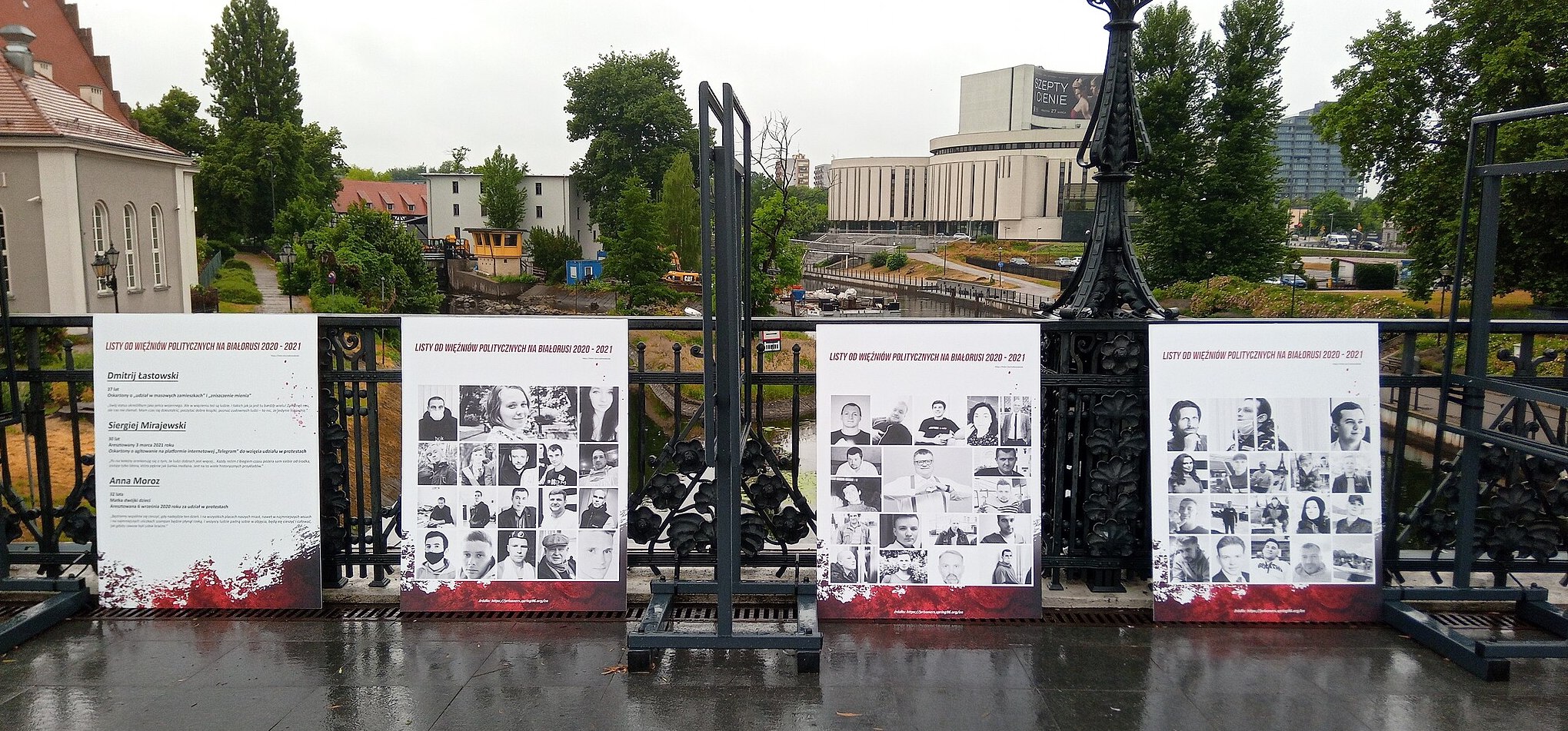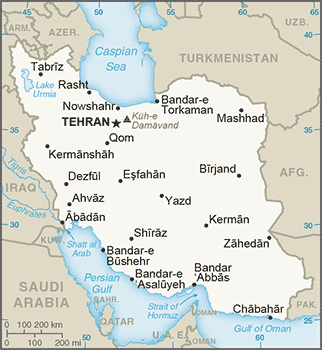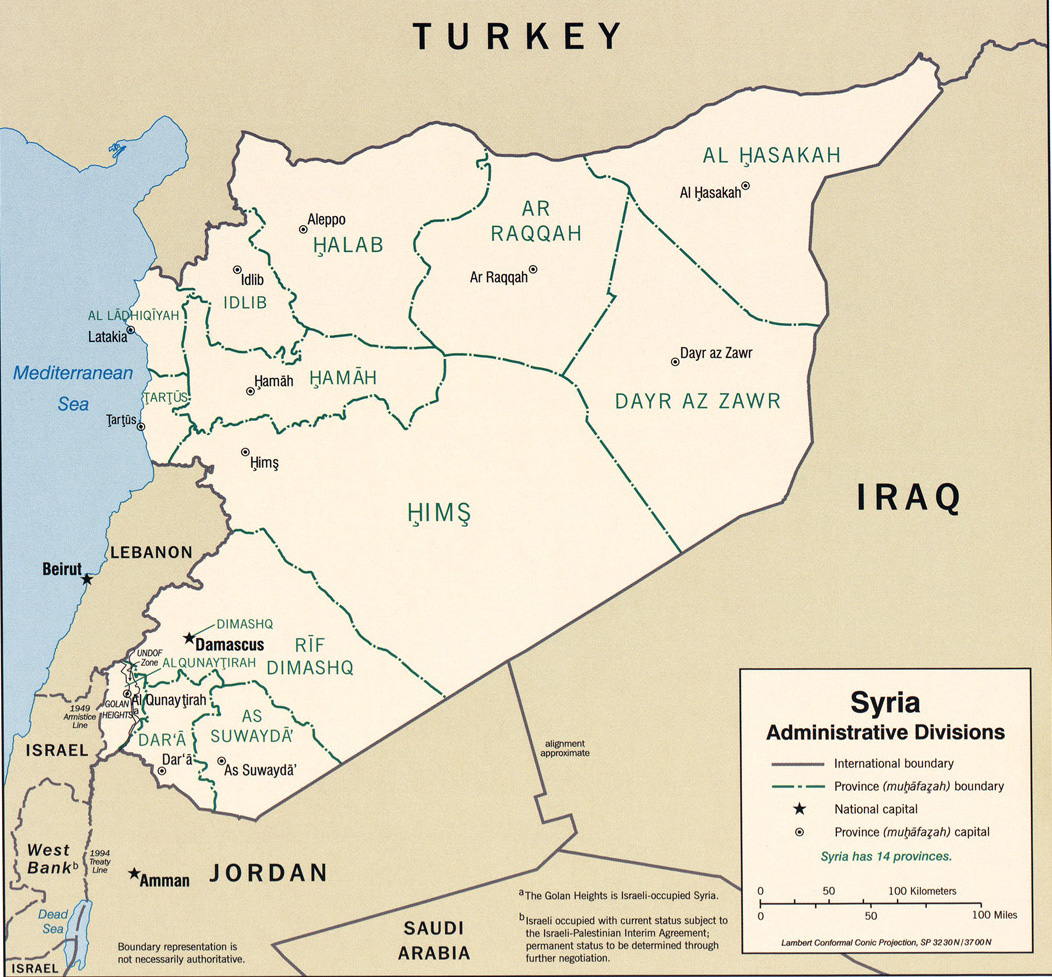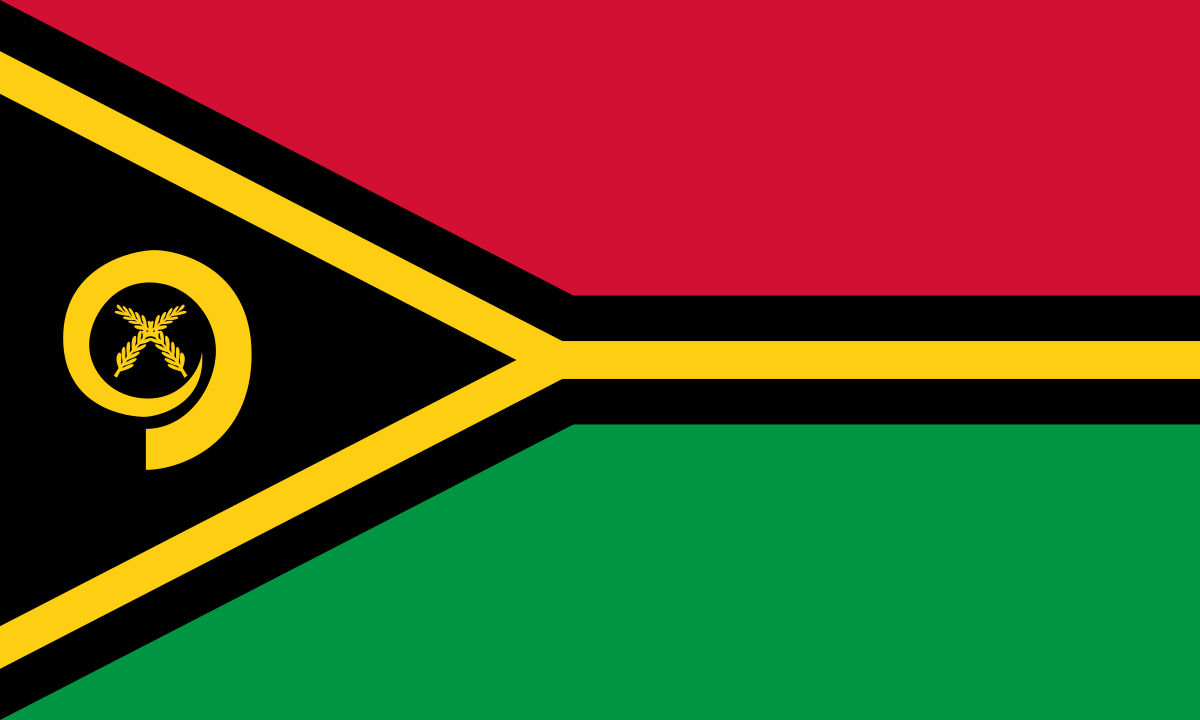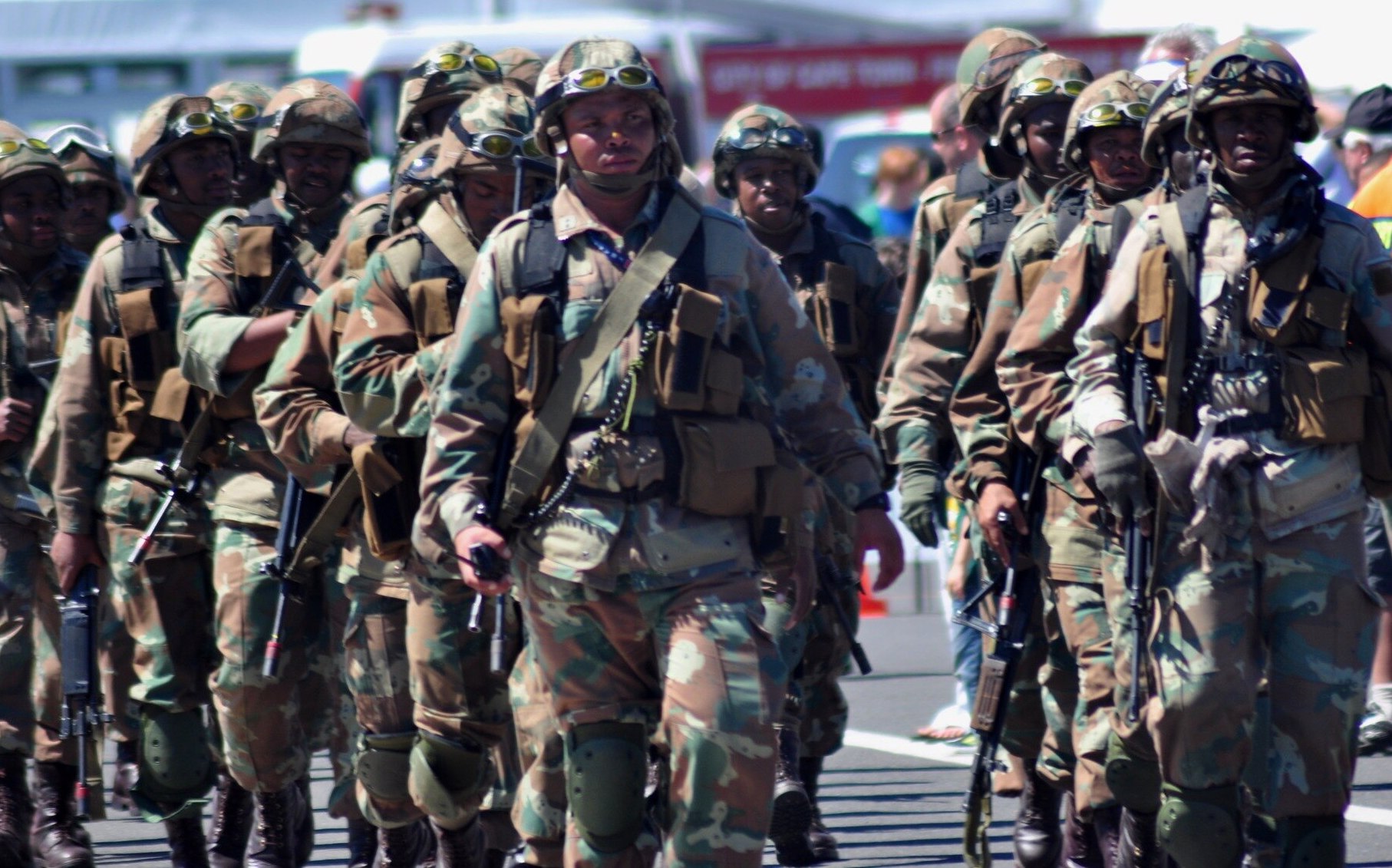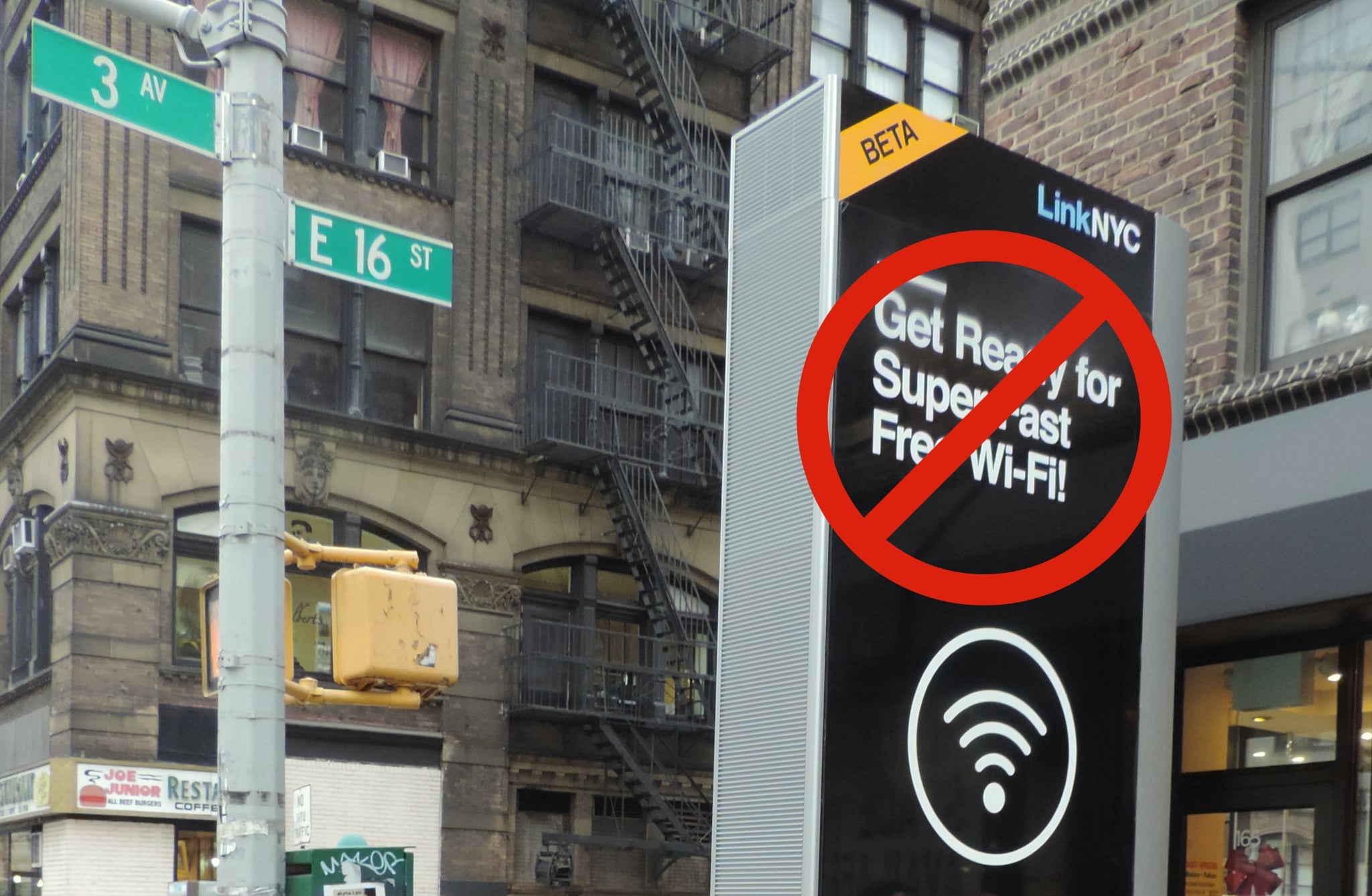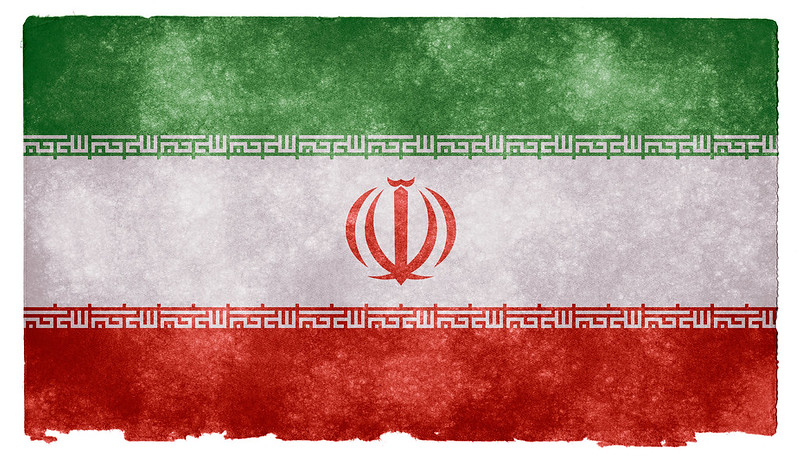
Did US-Israel attack on Iran abort nuclear deal?
The coordinated US-Israel military strikes on Iran began 48 hours after the conclusion of a third round of US-Iran indirect nuclear negotiations in Geneva, mediated by Oman, that had produced what multiple parties described as an unprecedented breakthrough. Omani Foreign Minister Badr Albusaidi told CBS News the day before the strikes began that Iran had agreed to zero stockpiling of enriched uranium, with existing stockpiles to be down-blended to the lowest possible level and converted into reactor fuel under full International Atomic Energy Agency (IAEA) verification. “The single most important achievement, I believe, is the agreement that Iran will never, ever have a nuclear material that will create a bomb,” Albusaidi said, describing the understanding as stronger than the 2015 Joint Comprehensive Plan of Action (JCPOA) negotiated under Obama. (Image: Grunge Love via Flickr)



